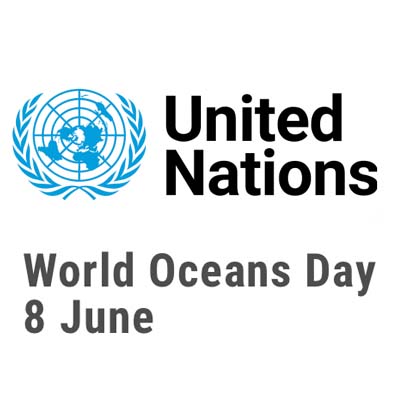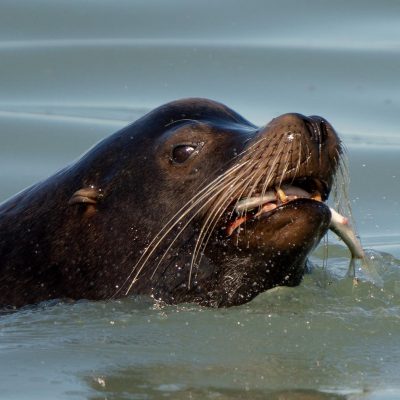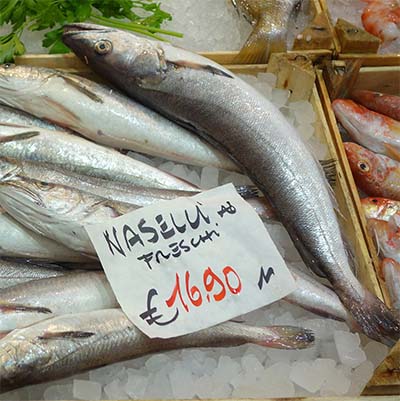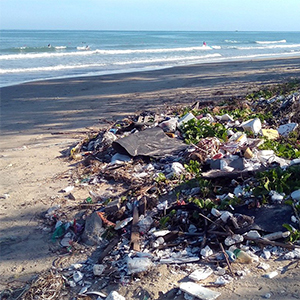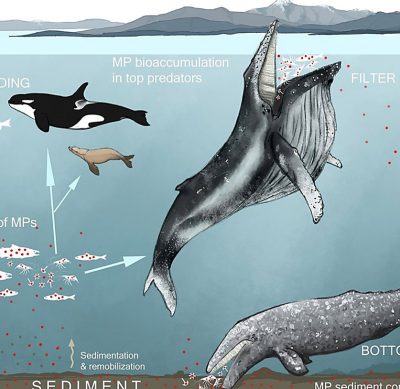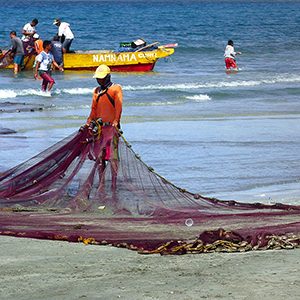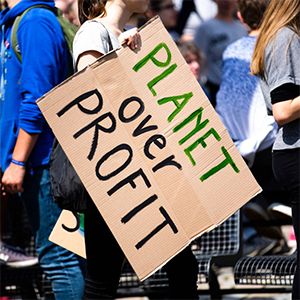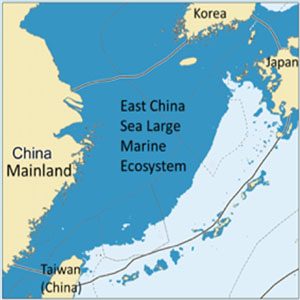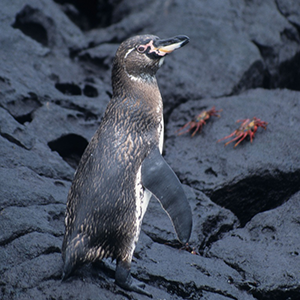World Oceans Week 2022 – Dr. Juan José Alava
Any international effort to end plastic pollution must also contend with wealth disparities between nations, according to Dr. Alava. “In some developing countries, the reality is that people survive on plastic garbage.”
Partnership between UBC researchers, marine stewards and K’ómoks First Nation spawns new microplastics findings
What they found helps illuminate the study of microplastics in the ocean, an area of pollution research that is garnering lots of attention due to the many unknowns about how these particles damage the health of organisms that ingest them.
Europe’s most valuable marine species “reduced to a fraction” of their current population size by 2100
Over one quarter of Europe’s 20 most highly-fished marine species will be under extreme pressure by 2100 if nothing is done to simultaneously halt climate change, overfishing, and mercury pollution
Instead of shopping this Black Friday, consider curbing your consumption
Drs. Juan Jose Alava and Rashid Sumaila are urging consumers to make the connection between what they buy on Black Friday and what eventually ends up harming our ecosystems—and our health.
PROFILE: Investigating ocean pollution to “provide solutions, not just answers to questions”
“Anthropogenic stressors are reshaping our ocean – it’s not the same ocean we had 30 or 40 years ago. As academics we need to provide solutions, not just answers to questions.”
Modelling provides insight into the risks microplastics pose to marine life
“We learned that the water and sediments are polluted with microplastics. The global ocean is basically a dump. We need to change our behaviours, our preferences and our consumption.”
New World Wildlife Fund reports call for better policy to save fish from climate change
IOF’s Drs. Juan Jose Alava and William Cheung contributed to two WWF reports.
UBC experts share views on global action on climate change
IOF-related experts recommend the one policy action they would use to address the climate crisis
Status, Trends, and the Future of Fisheries in the East and South China Seas
Fisheries Centre Research Report (FCRR 27-1) is now available
Greater conservation efforts needed to protect Galápagos bird populations, a new study shows
Researchers found that unless current conservation measures are increased, the birds’ future conservation is precarious.
